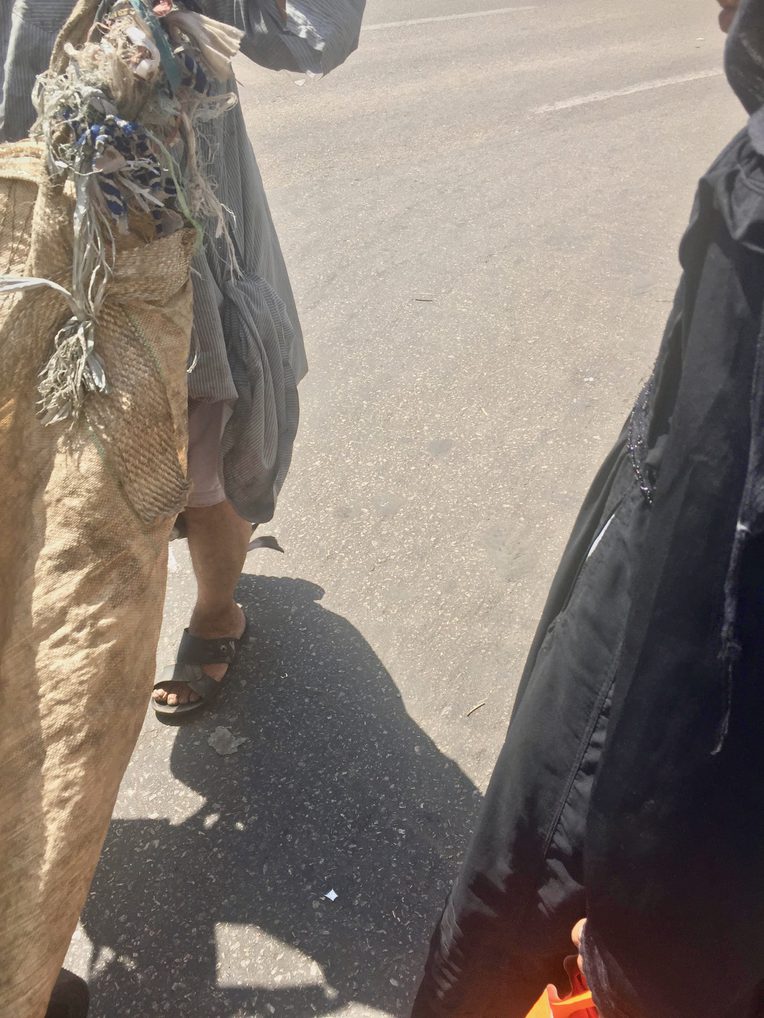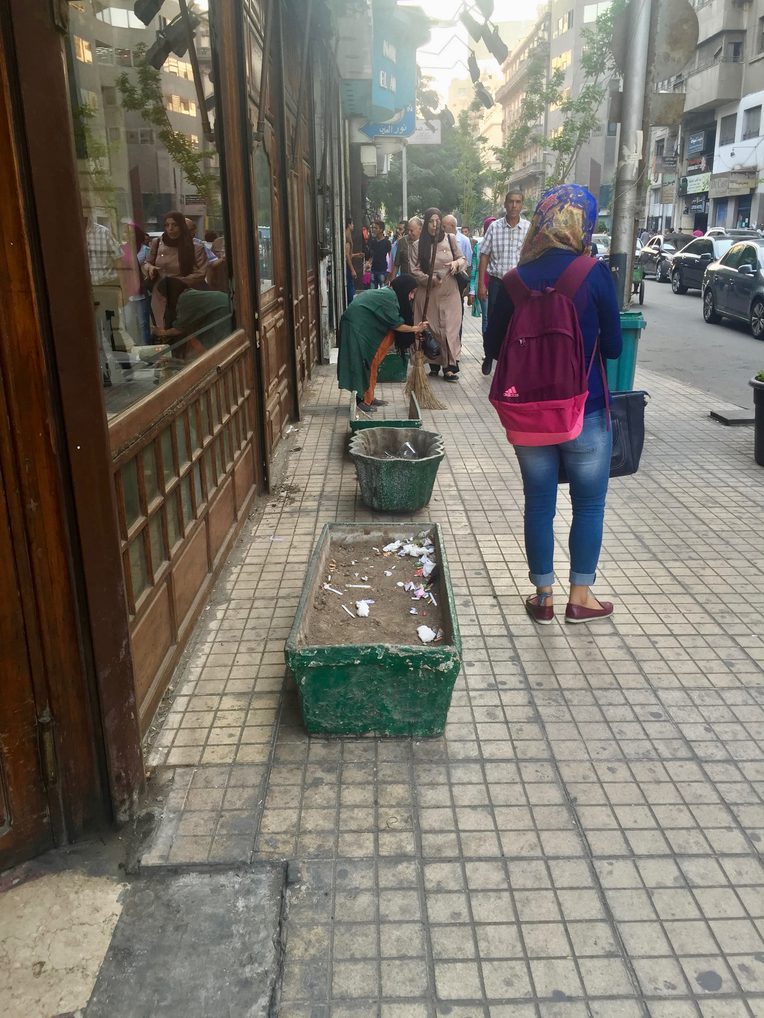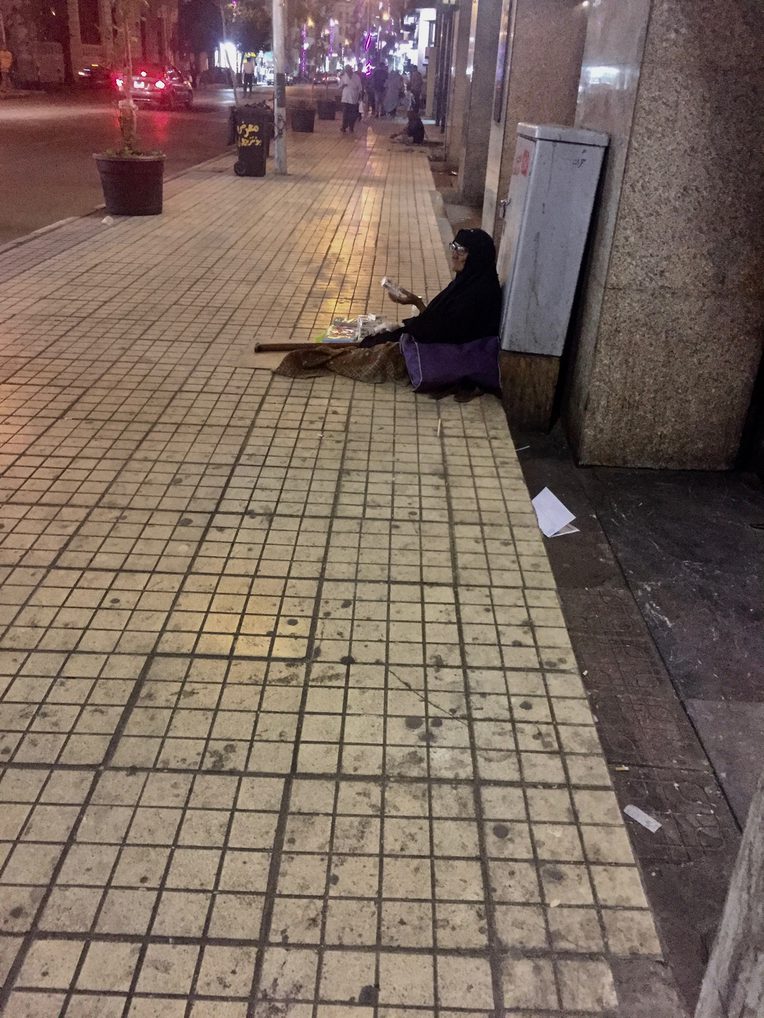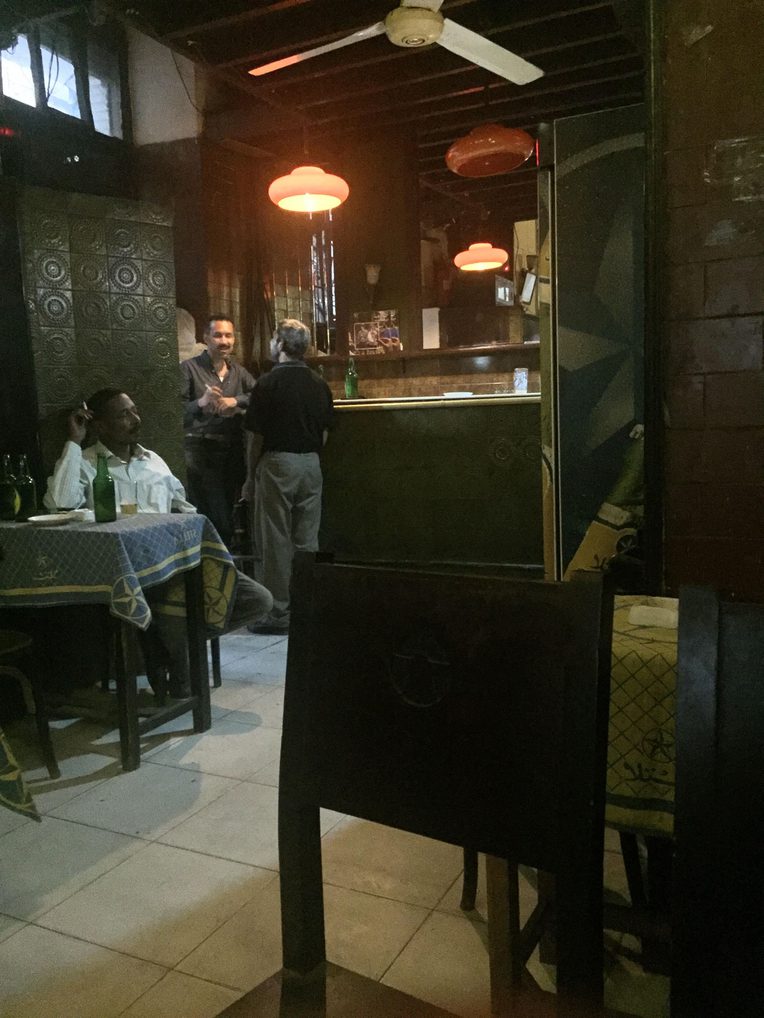
In this episode of AnthroPod, guest producer Maria Frederika Malmström invites us to listen to the everyday sounds of Egyptians experiencing economic change in the capital city of Cairo. Her recordings take us through the city’s streets, where we hear the sounds of vendors, protesters, and passing motorists as well as the sonic dynamics of life at home. Malmström aims to confront listeners with the materiality and the affective experience of sound, even as spoken narratives remain a dominant medium for conveying the sound of economic collapse. All names and identifying information have been changed to protect participants in her research.
Photo Gallery
All of the photos in this section were taken in Cairo by Maria Frederika Malmström. The omission of captions is a conscious choice, intimately linked to Malmström’s theoretical commitments to affect theories, posthuman agency, and new materialism (even as her work remains firmly grounded in empirical research).





Further Reading/Viewing
Malmström’s experimental short film “Egypt in Motion,” as well as a photo essay and longer, text-based essay published in Anthropology Now, also explore materiality, affect, and politics in Egypt.
Credits
AnthroPod features interviews with anthropologists about their work, experiences in the field, and current events. This episode was produced and recorded by Maria Frederika Malmström and two unnamed collaborators from Egypt. It was edited by Malmström and two sound engineers from Egypt. To pitch your own episode ideas or to offer feedback, email us at anthropod@culanth.org
Music: This episode features excerpts from “4 My Students,” by Mr Kordy, “Alf lila wa lila,” by Umm Khaltoum, and “Zizotag, Waade alaiam,” by Abdelrahem Mansor and Ahmed Mounib, as well as other Egyptian artists who prefer to stay anonymous. Thanks to the artists for granting permission to use these excerpts in the episode.
You can find AnthroPod at SoundCloud, subscribe to it on iTunes, or use our RSS feed.
If you have any thoughts on this episode or on AnthroPod more broadly, you can get in touch with us via Facebook and Twitter.